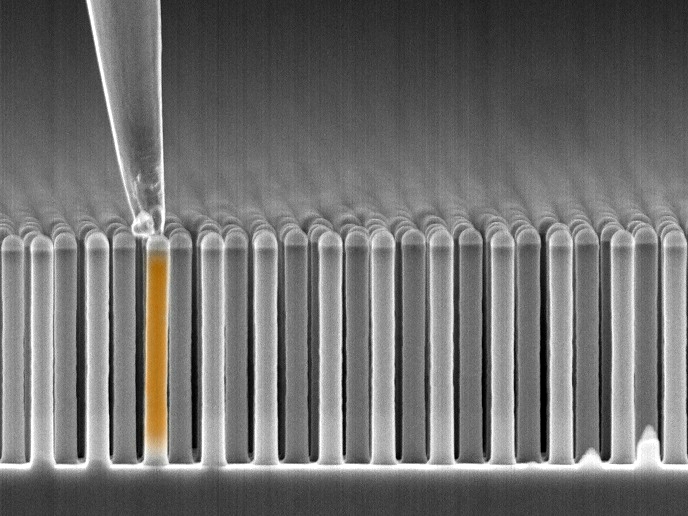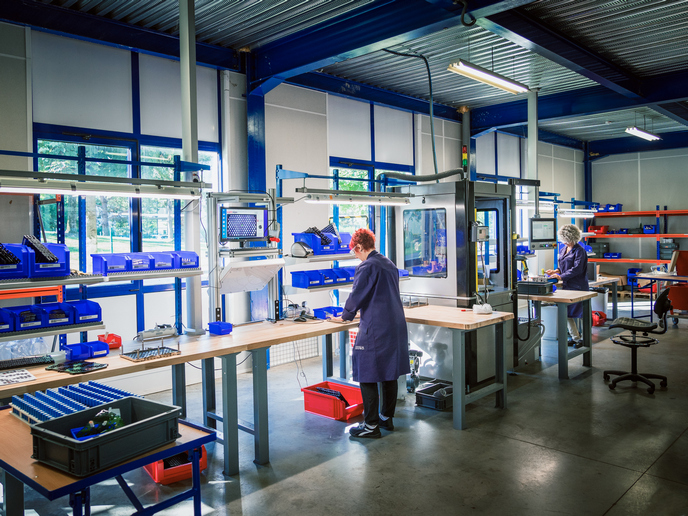Developing energy-efficient competencies of tomorrow’s building professionals
The EU-funded MEnS (Meeting of Energy Professional Skills) project focuses on developing the skills that building professionals need to create and operate more energy efficient buildings. "I do care a lot about this project. It is so important to develop professional skills, and particularly those of women pursuing a career in architecture and engineering,” says project coordinator Daniela Melandri. “We accomplished this by providing a series of accredited training activities(opens in new window) that have been developed by nine universities and three leading market players in the field of nearly zero-energy buildings, or NZEB.” The integrated, interdisciplinary MEnS training programme combines nationally accredited professional courses, e-learning and webinars and real case studies. The bulk of the training focusses on teaching these professionals how to retrofit housing stock for NZEB standards. Through the training, the project aimed to increase the use of renewables by at least 29 GWh/year. Project researchers also worked closely with the PROF/TRAC project, another EU-funded project focusing on providing training to future NZEB trainers. Considering the complementary nature of their activities, the two projects organised several joint activities. Big numbers In total, the MEnS project provided 30 training courses, successfully increasing the knowledge and skills of over 200 building professionals located in 10 European countries. Of particular note is the project’s focus on developing the skills of female or unemployed professionals. 47 % of the training participants were women and 35 % were unemployed. “This was an amazing result, well over what we had initially expected,” says Melandri. To disseminate the project’s outcomes, MEnS produced a range of audio-visual material, including training videos, webinars and live broadcasts of the conferences and documentaries of the case studies – many of which were also shared via Facebook. These actions significantly expanded the project’s reach. On Facebook alone the videos were watched by 28 000 viewers and more than 1 500 people followed the webinars. Work continues Even after the project’s close, its impact continues. For example, some of the university partners in the project have committed to continuing to provide training on NZEB. Furthermore, to secure the project’s legacy, an e-learning platform was created during the project time and is being kept live and accessible over the next few years. This platform consists of 11 national portals to promote distance learning and to keep encouraging a real debate between stakeholders. Finally, MEnS could also rely on the existing USE Efficiency Association for the exploitation of MEnS training courses. Founded in 2012, following a winning European project named USE Efficiency, the Association brings together European organisations, including some MEnS partners, in the challenge of providing formal and non-formal education and awareness for better quality of our environment.







